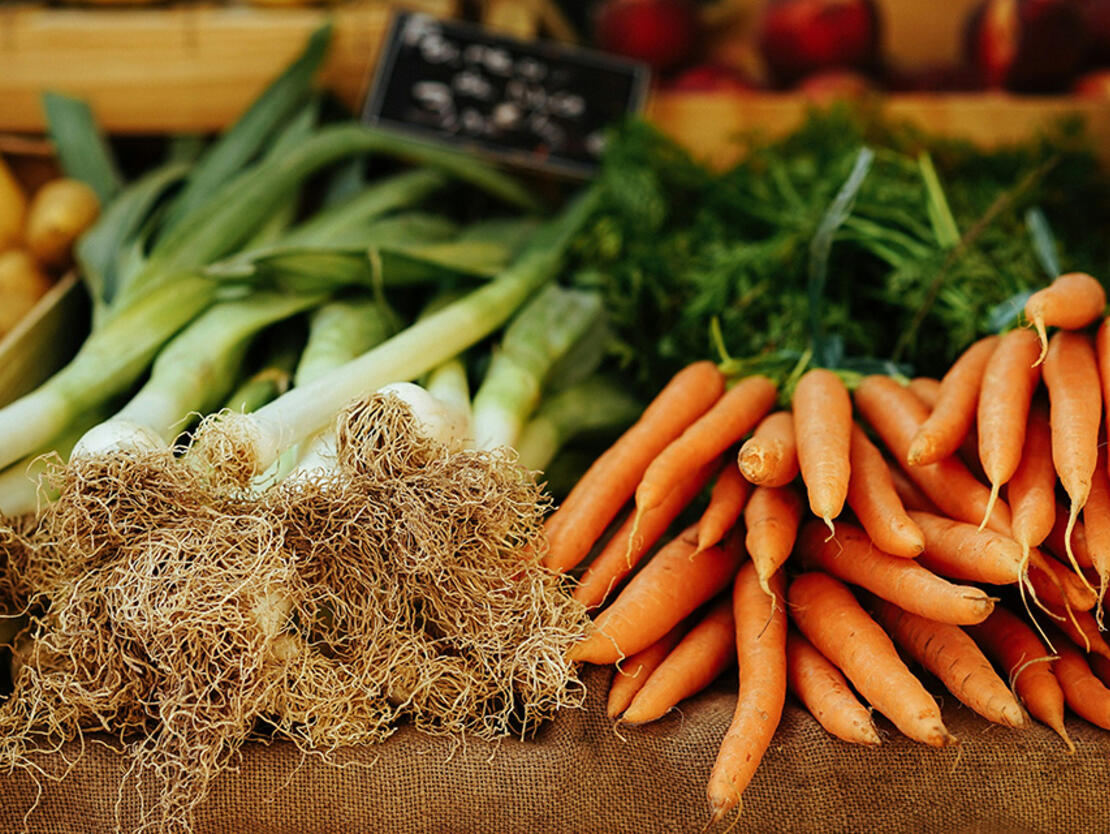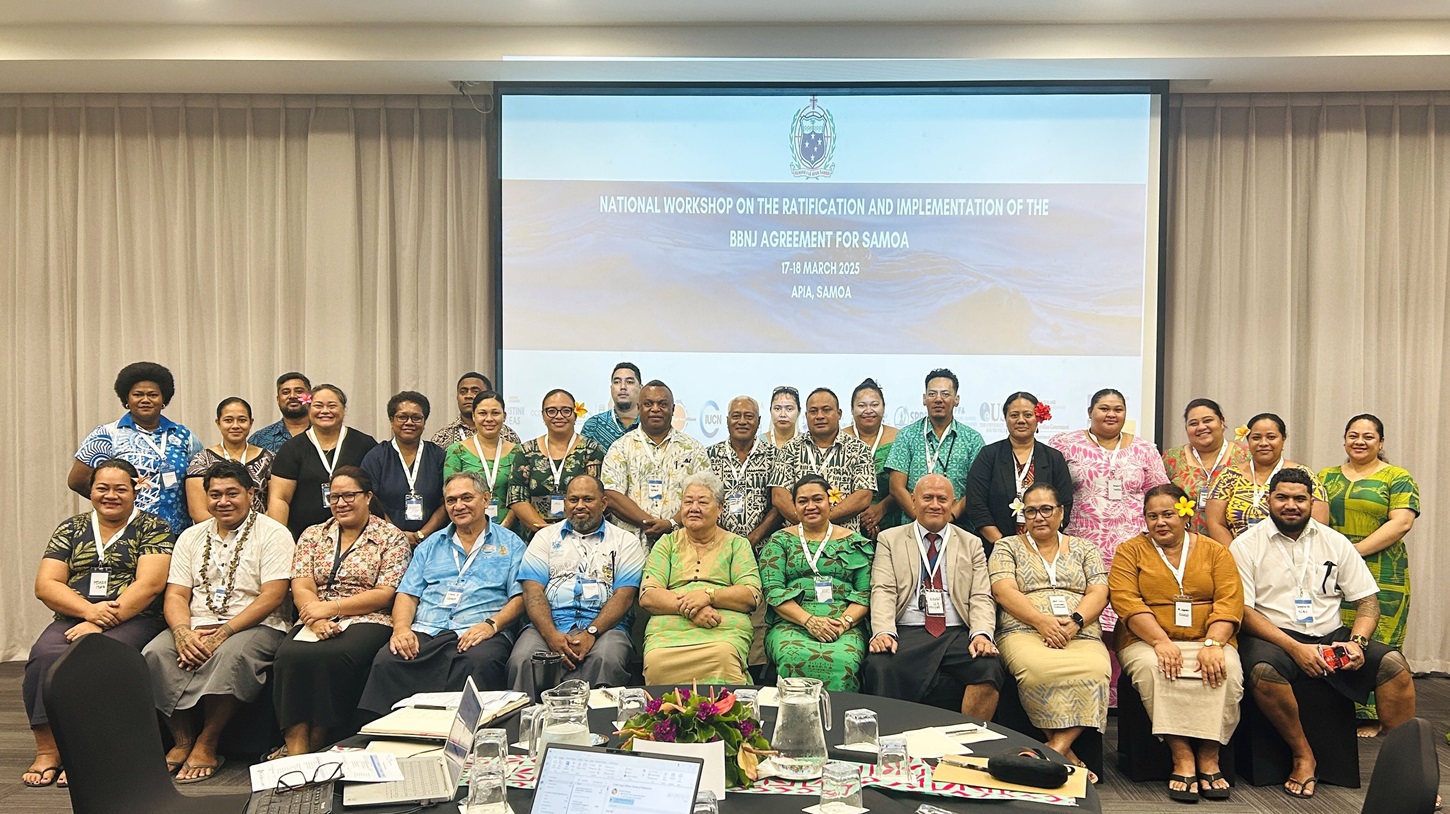Preserving ambition and policy coherence in EU agri-environmental frameworks
In response to the latest simplification package of the Common Agricultural Policy (CAP) and the provisional agreement on the Soil Monitoring and Resilience Directive (SMRD), IUCN welcomes the continuous commitment of the European Commission in ensuring the implementation of its legislation, while strengthening dialogue at all levels. As the EU continues to shape its environmental and agricultural agenda, IUCN underscores the importance of coherence, ambition, and non-regression in delivering a just and necessary transition for people and nature.

Recent updates to the CAP framework introduce several flexibilities in environmental conditionality, including the removal of references to key environmental legislation and a more flexible application of Good Agricultural and Environmental Conditions (GAECs). In parallel, negotiations on the SMRD have produced a simplified framework for soil monitoring, maintaining core descriptors but limiting enforceable action.
These changes reflect a broader shift in policy debate. While simplification and administrative relief are legitimate objectives, IUCN stresses that these should not come at the cost of environmental safeguards.
Any simplification and alignment of certification, standards, and reporting should maintain or enhance the highest environmental standards. As acknowledged in IUCN resolutions, non-regression is a fundamental principle for sustainable development and must guide any future adjustments to EU policy frameworks.
As already reflected in its statement to the released Vision for Agriculture and Food by Commissioner Christophe Hansen, IUCN recognises the complex realities that farmers face and reaffirms the need for tailored, practical support to increase resilience of their activities. Over the decades, IUCN has developed a wide range of science-based tools and publications to support farmers in transitioning to more sustainable practices, including the more recent reports Approaches to Sustainable Agriculture (2020), Sustainable Agriculture and Nature-Based Solutions (2024) and Assessing the Biodiversity-Agriculture Nexus: An overview of International and EU Methods (2024).
Today, the urgency of soil degradation, biodiversity loss, and climate change calls for reinforcing —not weakening— agri-environmental ambitions.
“The IUCN Flagship report on Agriculture and Conservation showed that more than 45% of the global need and opportunity to reduce species extinction risk rests with how agriculture is implemented. We must urgently shift towards food systems that value and conserve nature, for the wellbeing of people and the competitiveness of our economy.” Alberto Arroyo Schnell, Head of Programme & Policy, IUCN European Regional Office.
Soils in particular are a cornerstone of ecosystem health and food production. They filter water, store carbon, and support biodiversity, yet over 60% of European soils are degraded, costing billions annually. Soil degradation threatens food security, ecosystems, and climate stability. The SMRD introduces a first common baseline across the EU for monitoring soil health, and IUCN supports the inclusion of key descriptors and the establishment of a watch list for emerging pollutants. Still, the path ahead must include a stronger commitment to soil restoration and sustainable management practices. Monitoring alone cannot reverse degradation.
The CAP, the SMRD and the Nature Restoration Regulation (NRR) are central to achieving EU’s environmental targets and ensuring resilient food systems. Policy coherence is key to enabling positive lasting outcomes, by aligning goals and ensuring implementation compliance. Furthermore, efforts to streamline policy implementation must retain alignment with broader environmental objectives, including those of the European Green Deal, the EU Biodiversity Strategy, and the Kunming-Montreal Global Biodiversity Framework.
Besides policy coherence, long-term planning and inclusive governance remain critical. In this context, IUCN encourages continued investment in knowledge systems, indicators, and collaborative pathways that empower farmers and land managers to lead the transition. IUCN supports tools that value the environmental services provided by farmers and welcomes proposals to increase funding access for those committed to sustainable practices. Rewarding biodiversity-friendly agriculture should not be seen as a burden, but as a strategic investment in Europe’s ecological and economic future.
As Member States implement the NRR and the SMRD, IUCN calls for ambitious, science-driven approaches that keep sustainability at the heart of decision-making. IUCN will keep supporting EU institutions, stakeholders, and practitioners in crafting a more just and sustainable agricultural model—one that truly works hand in hand with nature.

